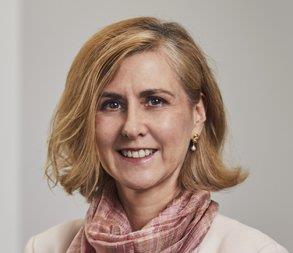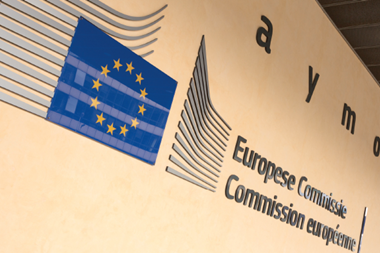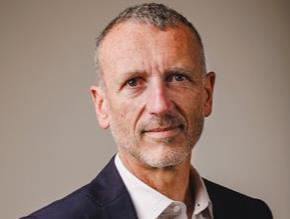The International Sustainability Standards Board (ISSB) has approved a staff recommendation calling on the board to develop non-mandatory, educational guidance to accompany its climate-reporting standard.
The work will form part of the ISSB’s so-called foundational work on sustainability and will focus on “particular nature and social aspects of climate-related risks and opportunities”.
Project manager Elizabeth Figgie emphasised, however, that the guidance “cannot add or change requirements in the standard”, as provided for in the board’s due process rules.
Instead, she explained, the proposed guidance will “explain and illustrate how an entity might apply some of the existing requirements in IFRS S2 to disclose information about particular nature and social aspects of climate-related risks and opportunities”.
The ISSB issued its climate-related disclosure standard International Financial Reporting Standard S-2 (IFRS S2), Climate-related Disclosures alongside its partner standard IFRS S1 dealing with general sustainability disclosure requirements.
Early feedback during outreach activities, however, staff said, has revealed that there is some “uncertainty about whether and how to consider nature and social aspects when they apply the requirements and as to how to prepare their climate-related disclosures”.
The development is not entirely unexpected in light of the ISSB’s recently issued work plan consultation in which it signalled that it planned to undertake so-called foundational work to support the implementation of its new standards.
The consultation paper notes that this work “could enhance the application of IFRS S-2 by providing guidance for the disclosure of climate-adjacent risks and opportunities related to nature and the ‘just transition’ to a lower-carbon economy”.
In paragraph 28 of their meeting paper, the staff detailed four possible areas of IFRS S-2 where it might be appropriate to develop guidance.
They went on to indicate that they will bring back firm proposals for the board to consider at a future meeting.
Staff added that they propose to refer to this workstream as “educational material for nature and social aspects of climate-related risks and opportunities” to avoid creating the impression that it will lead to changes to IFRS S-2.
They also explained in paragraphs 33 to 35 of their meeting paper that this label would better communicate the purpose and scope of the workstream.
The staff also recommended that the board develop the guidance in full public meetings – even though there is no formal requirement for the board to do so in its operating procedures.
This would, they argued, “have the benefit of keeping our stakeholders updated on the status of this committed work by discussing it in a public meeting”.












